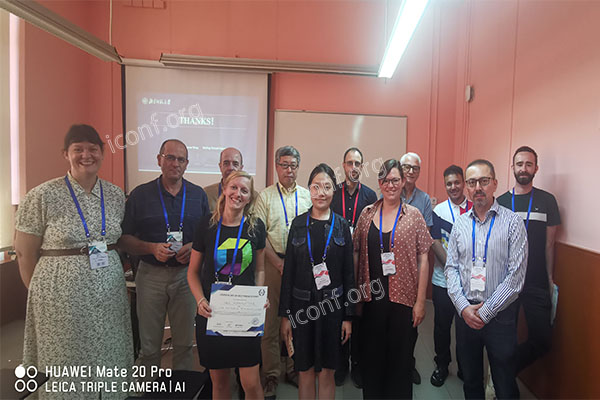In the ever-evolving field of traffic and transportation engineering, staying at the forefront of innovation is essential. Calls for papers (CFPs) for conferences in this domain provide researchers with an exceptional opportunity to share breakthroughs, exchange ideas, and shape the future of mobility and urban planning. Whether you are exploring advancements in intelligent transportation systems, sustainable mobility, or traffic management solutions, responding to a CFP can propel your academic and professional journey.

What Is a Call for Papers (CFP) in Traffic and Transportation Engineering?
A CFP is an invitation issued by conference organizers requesting original, unpublished research related to traffic and transportation engineering. These calls are designed to attract innovative work that addresses contemporary challenges, such as congestion reduction, emission control, infrastructure optimization, and the integration of new technologies into transportation systems.
Key focus areas in these CFPs may include:
- Intelligent Transportation Systems (ITS): Innovations in automation, sensor technologies, and data analytics for safer and more efficient traffic management.
- Sustainable Mobility: Research on eco-friendly transportation alternatives, electric vehicles, and green infrastructure.
- Urban Traffic Management: Strategies for reducing congestion, enhancing public transit, and improving overall urban mobility.
- Data-Driven Decision Making: Utilizing big data, simulation models, and machine learning to optimize transportation networks.
Steps to Prepare Your CFP Submission
-
Review the CFP Guidelines Carefully:
- Understand the scope and themes highlighted by the conference organizers.
- Note important deadlines and formatting requirements to ensure your submission meets all criteria.
-
Craft a Compelling Abstract:
- Summarize your research question, methodology, key findings, and implications in a clear, concise manner.
- Use relevant keywords to enhance the discoverability of your work.
-
Develop a Structured Manuscript:
- Follow a standard academic format (such as IMRaD: Introduction, Methods, Results, and Discussion) to ensure clarity and logical flow.
- Provide detailed data, analyses, and discussions that underscore the significance of your research.
-
Seek Peer Feedback:
- Share your draft with colleagues or mentors to gather constructive feedback.
- Revise your paper to address any weaknesses or gaps identified during the review process.
-
Prepare Supplementary Materials:
- Include figures, tables, and datasets that support your research.
- Ensure all supplementary files are well-organized and adhere to the conference’s guidelines.
Benefits of Submitting to Traffic and Transportation Engineering Conferences
- Global Exposure: Present your research to a diverse, international audience of academics, practitioners, and policymakers.
- Networking Opportunities: Engage with experts in traffic and transportation engineering, fostering collaborations that can lead to joint projects and future research funding.
- Feedback and Improvement: Receive valuable insights from peer reviewers and conference attendees that can help refine your research.
- Career Advancement: Boost your academic profile and increase your chances of being recognized as a thought leader in the field.
Embrace Innovation and Drive the Future of Transportation
Responding to a CFP in traffic and transportation engineering is a strategic step toward disseminating your research findings and influencing industry practices. By submitting your work to these prestigious conferences, you join a global network of professionals dedicated to advancing sustainable and intelligent transportation solutions.
Take advantage of this opportunity to share your innovative ideas, collaborate with international experts, and contribute to the transformative field of traffic and transportation engineering. Start preparing your manuscript today, and let your research drive the future of mobility and urban development.
Maximize your research impact and connect with global peers by submitting your work to leading conferences in traffic and transportation engineering. Embrace the challenge, refine your ideas, and contribute to a smarter, more sustainable world.
